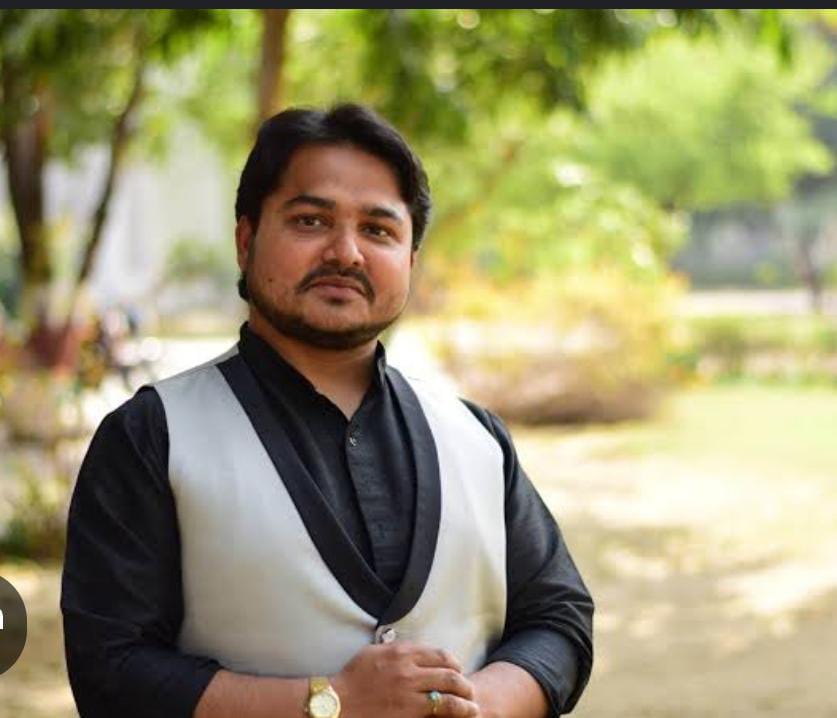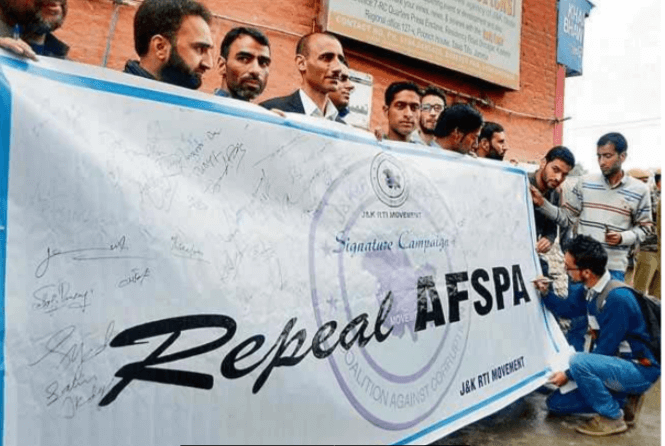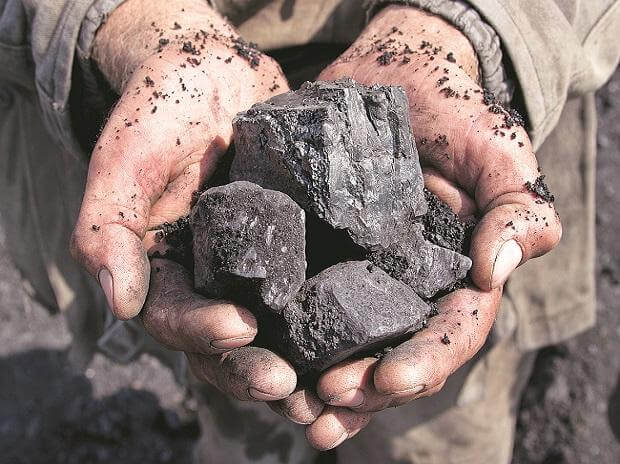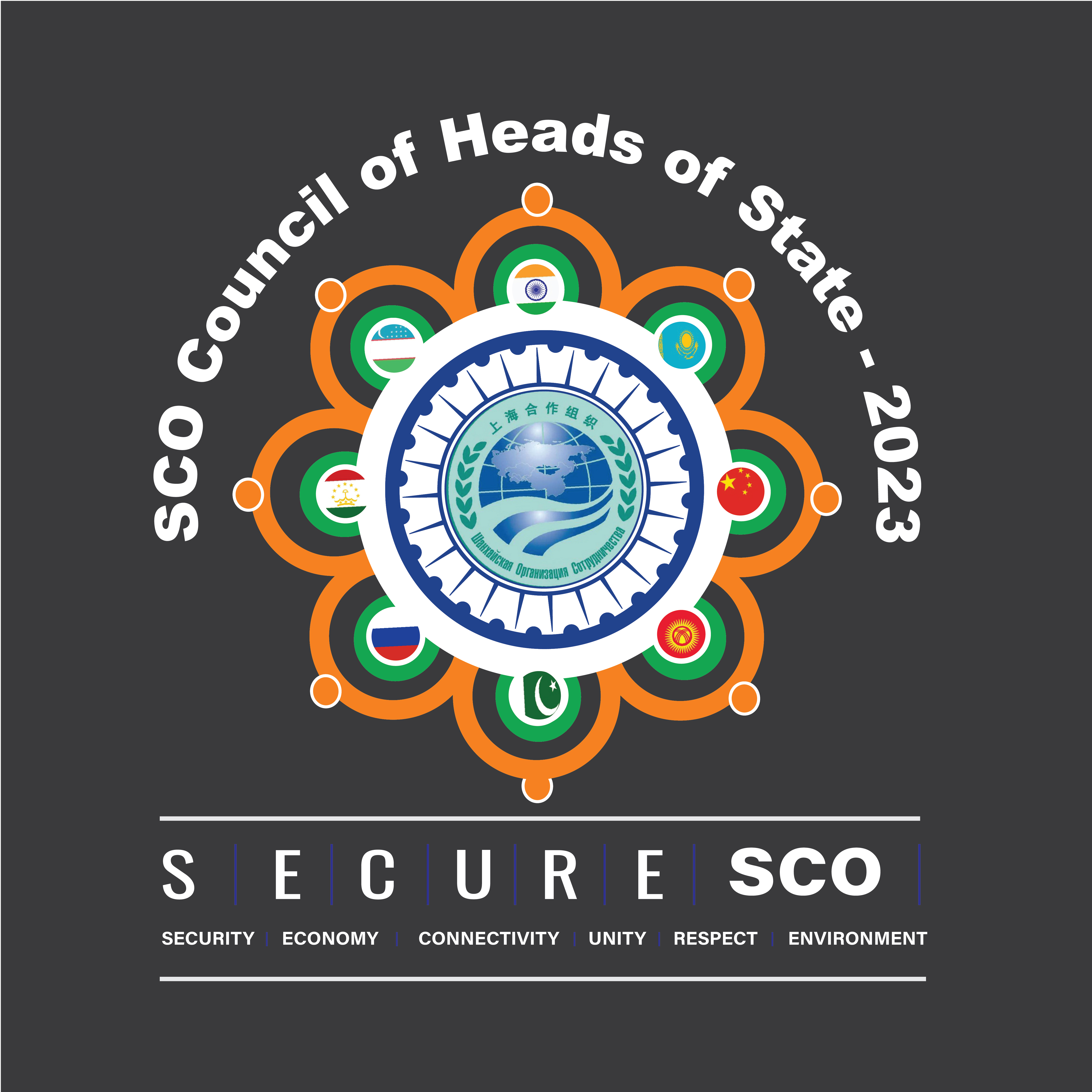A Sufi Quest for Peace in Jerusalem

Ghulam Rasool Dehlvi
Research Scholar and WriterFollowing the fresh escalation of Israel-Palestine conflict, I wish to share some of the most meditative words of wisdom which emanated from South Asia for peace in Jerusalem. These include those of the Indian Chishti-Sufi saint Baba Farid as well as the Sri Lankan Sufi Sheikh—Bawa Muhaiyaddeen—who initially lived in India at the courtyard of Hazrat Nizamuddin Aulia in Delhi. Themed as "God’s love of all lives”, the 52nd anniversary celebration of Sri Lankan-American Sufi mystic Bawa Muhaiyaddeen's first arrival in America (11th October, 1971) recently concluded in Philadelphia (USA).
In February 1980, Bawa Muhaiyaddeen wrote a letter to prominent leaders of the free world for peace in Jerusalem. He averred: Jerusalem demonstrates the proof of how places of worship to which we should be able to go in unity are turned into battlefields. Salām (from which Jerusalem is etymologically derived) means peace, but today Jerusalem has become a focal point of conflict.
Significantly, most members of his Sufi community had Jewish roots. Back in 1972 when Bawa emerged in America, Jews were experimenting with many mystical paths—from Bhaktimat to Buddhism. Some even became Jewish Buddhists or “Jewbus”. Others delved deeper into Jewish mysticism. But not many know of the ‘Jewish Sufis’. They were those who became fond of the age-old mystical Islam at the hands of Bawa Muhaiyaddeen.
Horrendous attacks by Hamas against Israel and consequent casualties of common civilians on both sides call for a revisit to the Sufi quest for peace in Jerusalem. Deadly attacks on Israel have struck during a season of Jewish holidays. They coincide with Simchat Torah (“joy of Torah”), coming toward the end of the weeklong Jewish festival of Sukkot, also known as the Feast of the Tabernacles—a time of autumnal thanksgiving. As Jews and the Jewish diaspora in different parts of the world were preparing to celebrate the completion of the annual reading of the Torah, hundreds of Jews were killed and many held hostage in Gaza. The Israel-Palestine escalation has turned the holy city of Jerusalem into a ‘ghost town’. What we see with horror is that the attacks, in their scale and severity, are not less than the 1973 war which was waged on the most sacred day of the Jewish year—Yom Kippur—the Day of Atonement. It was celebrated only a few weeks ago. Jews sought divine forgiveness just as Muslims ask for atonement and introspect on Shab-e-Baraat (Night of Salvation).
Bawa Muhaiyaddeen—an authentic Muslim mystic and an awakened Sufi Sheikh with many Jewish mureeds [disciples]—exhorts:
“God accepts Jews, Christians, and Muslims alike. All are found in Jerusalem. Yet, those who have faith in God as well as those who have no faith continue to fight over that land, even though it only results in destruction.”
Jerusalem's significance for Jews, as the holiest city which is home to the Western Wall is a common knowledge. But this site of the ancient Jewish temples is also the place of Jesus Christ's crucifixion and resurrection. For Muslims, it is the third holiest site after Mecca and Medina. In his Sufi discourse Jerusalem and World Peace, Bawa highlights that Jerusalem, a derivative of the root word salām, is an idea of “peaceful religious unity” joining Judaism, Christianity and Islam. He also propounds a higher spiritual unity of the world religions in his book “The Four Religions'' (Hinduism, Zoroastrianism, Christianity, Judaism and Islam) and was the first Sufi who called the Qur’anic scripture Zabur as the ‘Hindu Shashtra’.
Today Jerusalem—a city of profound spiritual significance—is once again a bone of global contention. The quest for peace in West Asia and the wider world is unfulfilled without achieving peace in Jerusalem. Sufi mystics like Bawa showed the potential path toward a more stable and harmonious future for this sacred city. Before him, Baba Farid who meditated in Jerusalem around 1200 CE marshalled a mystical mission for peace. His memorial thronged by people of all faiths is known as the Indian Hospice—Al-Zawiyya Al-Hindiyya in East Jerusalem.
The author is an Indo-Islamic scholar and Sufi author based in New Delhi. He can be reached at grdehlavi@gmail.com






